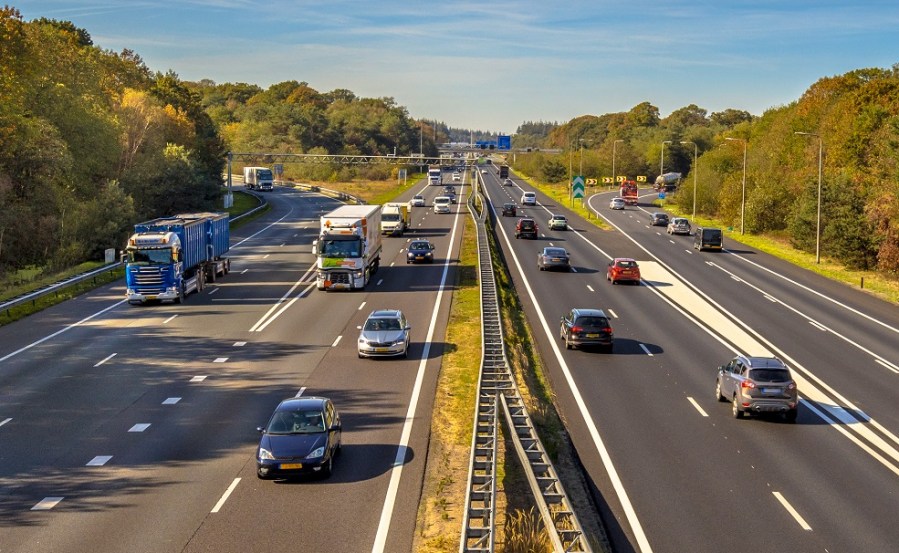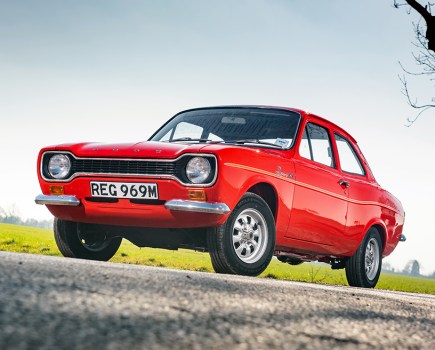The Dutch speed limit on motorways looks set to be cut to 100kph (62mph) in a bid to tackle a nitrogen oxide pollution crisis. The Dutch prime minister, Mark Rutte, has taken what he has described as a “rotten measure” but a necessary one.
Rutte’s government has been in crisis since a court in May ordered thousands of construction projects to be delayed because the country was exceeding EU limits on nitrogen emissions. The new limit is set to be introduced in 2020 and will be the joint lowest in the EU, along with Cyprus, which has far fewer motorways.
Rutte’s VVD party has long been seen as a champion of the car and brought in the 130km/h limit in 2013. Cars will still be allowed to drive at the current speed limit between 7pm and 6am, a period covering only about 8-10 per cent of total traffic in the country.
“No-one likes this,” Rutte told a news conference. “But there’s really something bigger at stake. We have to stop the Netherlands from coming to a halt and jobs being lost unnecessarily.”
The decision is in contrast to recent events in Germany, famous for its sections of derestricted Autobahn. The Green Party had requested that a limit be considered for such sections, arguing it would improve safety and help to curb emissions. When put to the vote at Germany’s parliament, however, it was heavily voted down.
Regardless, the fear is that other countries will follow the Netherlands’ lead and that speed limits could be cut in other countries, further curtailing motoring freedoms. The flip side is that a lower pace on motorways could better suit older cars and actually be more classic friendly. Email us your thoughts on the subject via ccb.ed@kesley.co.uk.






